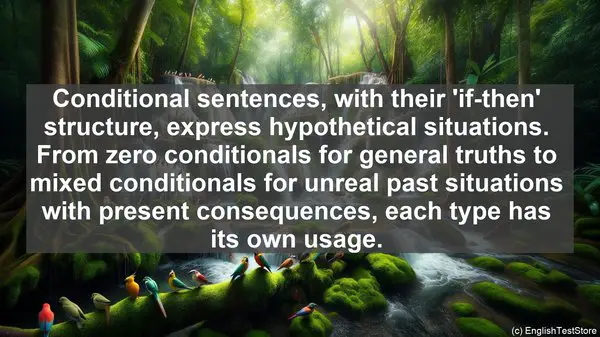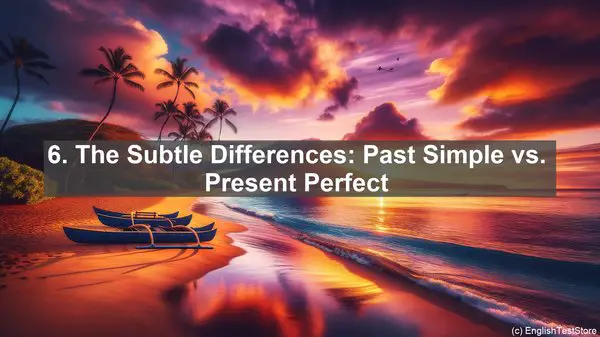Introduction: The Journey to Advanced Grammar
Hello, language enthusiasts! As you progress in your English journey, advanced grammar structures become the stepping stones to fluency. Today, we’ll explore 10 indispensable tips that will demystify these complex concepts and make your language usage more sophisticated.
1. Embrace Subordination: The Power of Dependent Clauses
Subordination, the art of connecting ideas through dependent clauses, adds depth and complexity to your sentences. Mastering subordinating conjunctions like ‘although’ and ‘because’ is key to constructing intricate yet coherent sentences.
2. Coordinate with Finesse: The Art of Conjunctions
Coordinating conjunctions like ‘and,’ ‘but,’ and ‘or’ are the glue that holds sentences together. Understanding their nuances and using them appropriately can transform your writing from simple to sophisticated.
3. Dive into the World of Relative Clauses
Relative clauses, introduced by words like ‘who,’ ‘which,’ and ‘that,’ provide additional information about a noun. Mastering these clauses adds richness and precision to your descriptions.
4. The Intricacies of Modal Verbs
Modal verbs like ‘can,’ ‘could,’ ‘may,’ and ‘might’ express possibility, ability, and necessity. Understanding their various shades of meaning is crucial for conveying your intentions accurately.
5. The Present Perfect Puzzle
The present perfect tense, formed with ‘have’ or ‘has’ + past participle, is a versatile tense that connects the past to the present. It’s used for experiences, unfinished actions, and past events with present relevance.
6. The Subtle Differences: Past Simple vs. Present Perfect
While the past simple tense is used for specific, completed actions in the past, the present perfect focuses on the present result of a past action. Mastering this distinction is vital for accurate storytelling.

7. The Conditional Conundrum
Conditional sentences, with their ‘if-then’ structure, express hypothetical situations. From zero conditionals for general truths to mixed conditionals for unreal past situations with present consequences, each type has its own usage.
8. The Intricate Passive Voice
The passive voice, formed with a form of ‘be’ + past participle, shifts the focus from the subject to the object. It’s used when the doer of the action is unknown, unimportant, or to create a more formal tone.

9. The Art of Nominalization
Nominalization involves turning verbs or adjectives into nouns. It adds sophistication to your writing and is often used in academic or professional contexts.
10. The World of Discourse Markers
Discourse markers like ‘however,’ ‘moreover,’ and ‘nevertheless’ help structure your writing and make it more coherent. Using them strategically can enhance the flow and clarity of your ideas.
